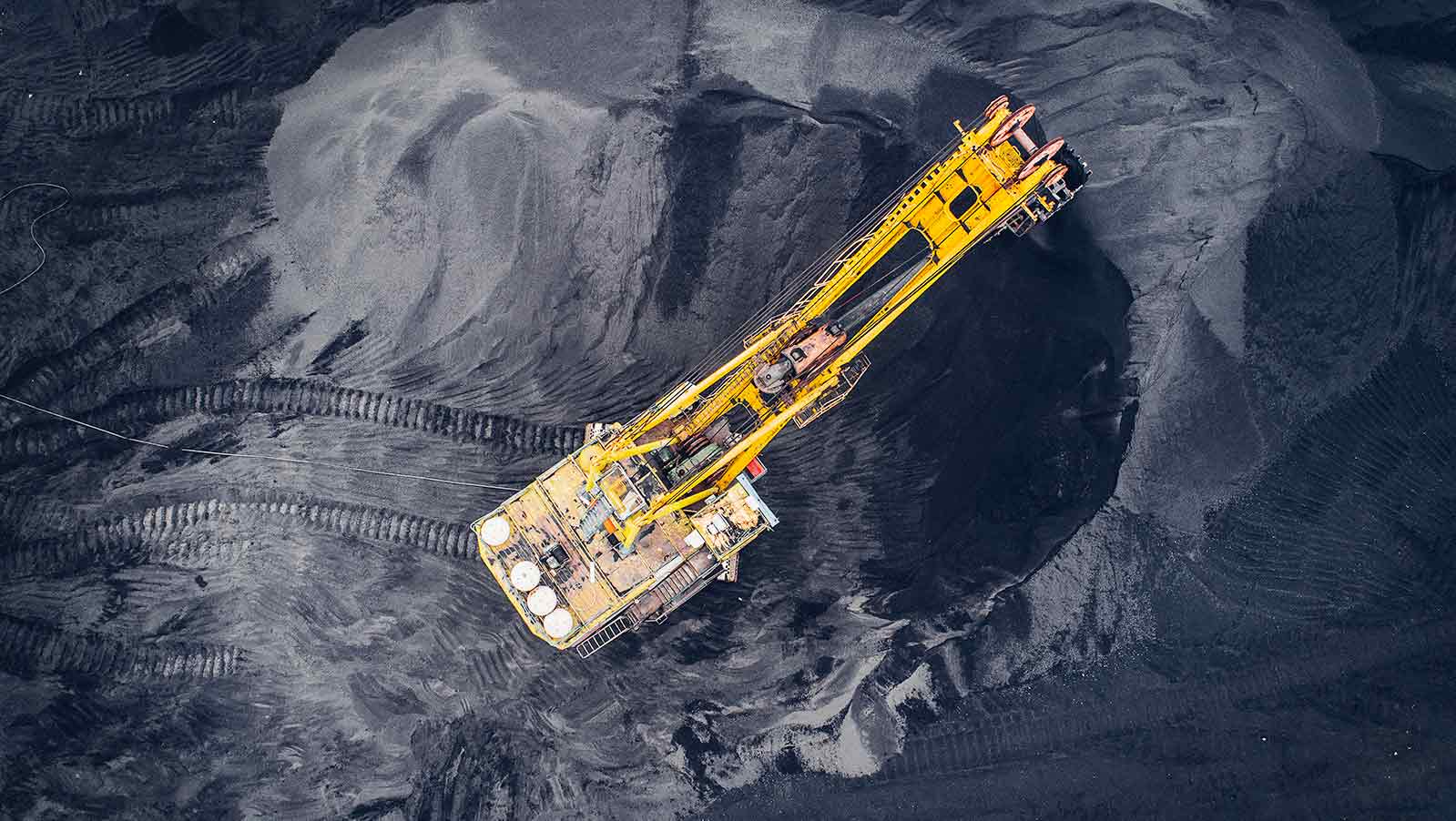Chinese demand for Australian coal could be cut almost in half by 2025, signalling a dramatic end to the country’s export boom, according to a new analysis prepared by experts at the Australian National University.
The analysis – which assessed coal demand on a facility-by-facility level – found that China’s demand for overseas thermal and metallurgical coal is projected to fall by at least 26 per cent between 2019 and 2025 as it works to cut energy imports and tap into its own coal reserves.
The study adds that if China delivers on commitments to cut its greenhouse gas emissions – which includes goals to peak its emissions by 2030 and reach zero net emissions by 2060 – then thermal coal imports could fall as much as 45 per cent over the same period.
“Our findings are clear; Beijing’s plans for rapid decarbonisation and energy security signal the end for Australia’s current coal export boon,” study lead author Dr Jorrit Gosens said.
“And this isn’t going to happen far off into the future; it is imminent. Our modelling predicts Chinese demand for Australian thermal coal will fall to between 30 and 40 megaton in 2025, down from about 50 megaton in 2019. “
“When it comes to coking coal imports, Australia is the country that stands to lose the most. Australia’s coking coal exports to China are expected to fall to between 20 and 22 megaton, down from close to 30 megaton in 2019,” Dr Gosens added.
China is the world’s largest coal buyer, used for both power generation and steelmaking, and ranks as the second-largest buyer of Australian coal, only behind Japan.
The Morrison government has celebrated the surging price of coal, triggered in part by the Russian invasion of Ukraine. While this has boosted earnings for coal producers, it seen consumers slugged with high energy prices.
But according to the assessment produced by the Australian National University and published in the academic journal Joule, coal’s dream run could be able to come to a dramatic end.
China buys around one-quarter of Australia’s coal exports, and Dr Gosens says the new analysis of China’s changing approach to sourcing energy meant that Australia could not rely on growing Chinese demand for coal.
“Our results mostly show that China’s investments in coal transport infrastructure have greatly reduced the cost for China to cut imports, whether to impose punitive trade embargoes or to prop up domestic mining sector demand and employment,” Dr Gosens said.
The researchers said that while Chinese demand for Australian coal had recently been dented as a result of self-imposed import restrictions – in response to the growingly frosty relationship between the two countries – a shift to a more cordial relationship would be unlikely to deliver a long-term boost to demand.
“Even if Australia were to reconcile its current political differences with China, it should expect Chinese demand for its coal to be well below pre-conflict levels and to keep falling from that level,” Dr Gosens added.
“China has been investing heavily in coal transport infrastructure for many years, precisely to reduce dependency on foreign energy. The recent turmoil in global energy markets will only strengthen Beijing’s resolve to decrease its dependency on them.”
“Any Chinese reduction in demand matters, even if the Chinese embargo on coal imports from Australia remains in place. Such reductions would free up the current suppliers to China to find new customers in the global seaborne market, where they would push out Australian suppliers.”
Co-author of the study, professor Frank Jotzo, said the research should serve as a warning for both Australian political leaders and Australia’s coal industries.
“Our findings illustrate how energy security concerns, a fracturing global security and trade landscape, combined with climate action are putting the squeeze on coal – not in the distant future but imminently,” Professor Jotzo said.
“Governments and investors would be wise to consider these findings in their medium to long-term outlook, more than the short-term gains from the current energy market volatility.
“Our findings should be of high concern to the coal industry and to Australian governments. Coal will be on the way down. We need to foster alternative economic futures. Australia’s resource and energy industries have every opportunity to prosper in a low-emissions world.”










